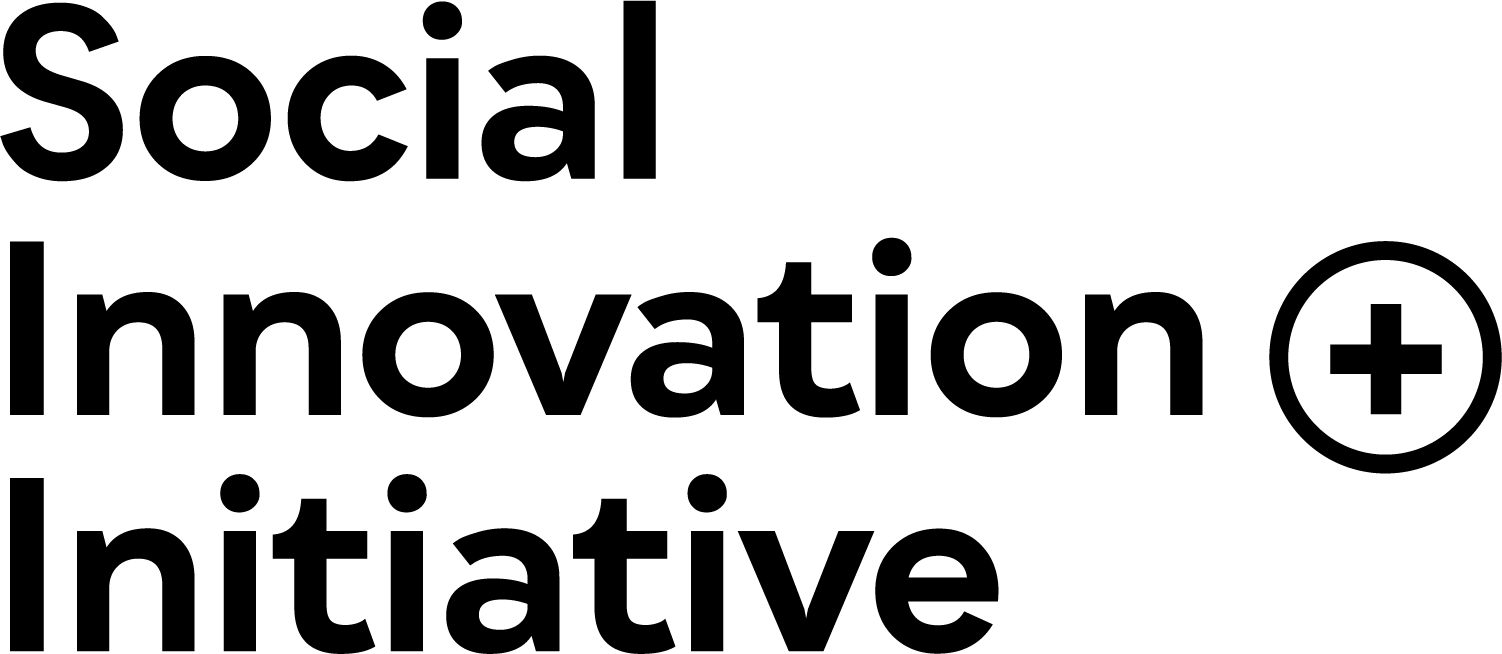Cultivating social innovation helps build resilient welfare systems. This is the message underlying ‘Innovative Approaches to Mitigate the Societal Consequences of Russia’s War of Aggression against Ukraine within EU Countries’, a call for proposals launched by the European Social Fund Agency (ESFA) in 2024.
The outbreak of war in Ukraine prompted governments to cater to displaced people fleeing the conflict. The need was, and remains, pressing. The EU’s initial action was speedy, illustrated by the activation of the Temporary Protection Directive, recognising rights such as residence permits and labour market access as well as housing and social welfare assistance. Taking into account that social welfare systems and levels of preparedness varied across Member States, the EU made available 17 billion euros to support them in the implementation of the Directive. The ESFA call stands out as an effort to leverage available financial resources to foster social innovation in the context of the crisis.
Projects founded by the call have since kicked off in May 2025. Within this context, reinforcing the commitment and bringing together like-minded professionals was the aim of the first Mutual Learning Event hosted by ESFA and held in Warsaw from 13-14 May 2025.
Championing mutual learning
Empowerment is a key word to understand the scope of the initiative as it meant to provide means and resources for citizens, societies and welfare systems to take agency in reacting to these unprecedented times.
The event brought together 60 representatives from 37 funded projects to share how they are putting their innovative ideas into practice. The European Social Network (ESN) attended within its role as coordinator of ECSILI: Empowering Communities a Local Action Plan for Social Inclusion and Labour Integration of Refugees.
The event offered beneficiaries a valuable opportunity to connect with one another and exchange meaningful insights, ideas, and approaches related to their projects. It also served as a platform to highlight the Agency’s comprehensive support for beneficiaries throughout the various phases of their journey. The event provided useful guidance and served as a source of inspiration for all participants.
Addressing challenges
Projects founded by the call were chosen due to their potential to overcome existing challenges hindering displaced people from Ukraine to fully access services supplemented by the Temporary Protection Directive. For instance, Eurofound confirmed that a lack of funding is one of the main issues at play, one that the ESFA Grant was created to address.
The matter of housing is a case in point. Limited options along with high costs make accessing appropriate accommodation difficult, often leading to temporary or ad hoc solutions. To counteract some of these difficulties, the ESFA Grant is funding projects that foster dialogue between policymakers and local stakeholders. The aim is to provide bottom-up policy recommendations based on the identified gaps in social housing systems.
Another pressing issue is the lack of adequate mental health and psychological support for displaced people. Lack of integrated care exacerbates this problem. The grant addresses the issue by funding projects aimed at building capacity within existing community structures to provide appropriate mental health support.
An additional prominent challenge, and one that ESN is working to mitigate through the coordination of the ECSILI project, is the skills mismatch between what the job market needs and displaced individuals’ qualifications and experience.
All 37 projects funded by the call share a common sentiment to harness innovative ideas, either by transferring and adapting established practices to new contexts or providing cues for systemic change. A list of all funded projects is available here.
Converting social innovation ideas into practice
Despite the ongoing challenges posed by the war, the Mutual Learning Event served as a reminder of what social innovation can achieve, including enriching our societies and reinforcing the resilience of welfare systems and labour markets. The event was an encouraging example of how innovation is crucial to crisis response.
ESN commends efforts to put resilience and transformation at the heart of this crisis response mechanism. As Alfonso Lara Montero, ESN’s Chief Executive Officer stressed, “social services support to Ukrainian people fleeing the war […] was not just about the initial response but also about overarching responses that address longer term social inclusion needs.”
Read more about ESN’s engagement around social innovation for displaced people from Ukraine on the ECSILI webpage.




